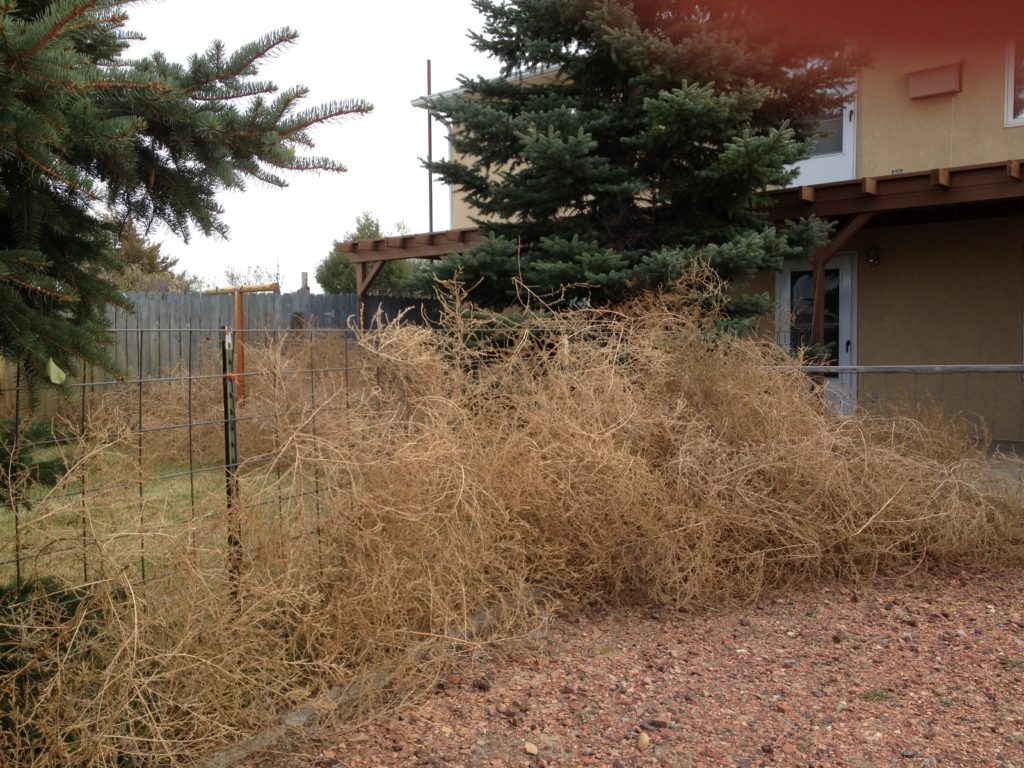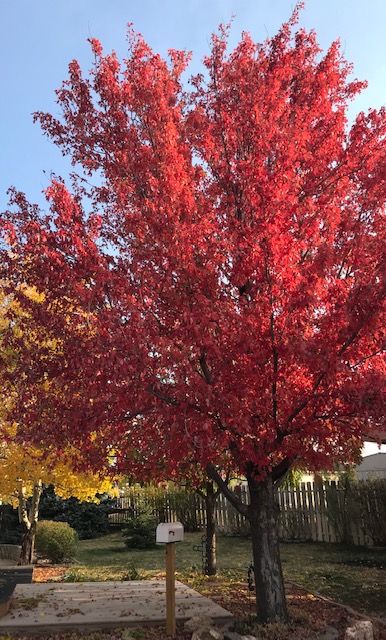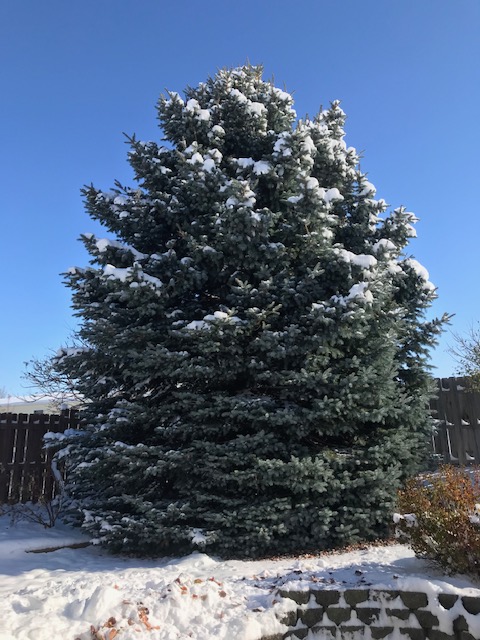Noxious Influences
It was an especially windy night on the Wyoming prairie. We had secured our lawn chairs on the patio, taken down our swinging bird feeders, and double checked the latches on the gates. It was reported that gusts could reach 75- 80 mph through the night. I slipped into bed, earplugs in place, and snuggled in, after my husband assured me everything was secure and would be fine.
In the morning, we found that the things we had secured were still safe, but an entire army of strangers were now corralled in our back yard. Hundreds and hundreds of tumbleweeds! Huge ones, small ones, in between ones. They were falling over each other – stacked higher than the fence and spread thirty feet deep across the yard. We couldn’t imagine what part of the country they had all come from , but were quite sure they were using our yard as a command center.
The tumbleweed, also known as the Russian thistle, immigrated to the United States in 1873 as a stow away in a bag of flax seed from Russia. Each winter after the plant dries, the bushy part breaks off above the roots. It now becomes a rolling, tumbling mass of prickly branches and thousands of seeds at the mercy of the wind.
Observing tumbleweeds as they bounce and roll across the roadways and prairie, makes me cognizant of the many people that are blown to and fro by other people’s opinions, or by misinformation, or even by the latest trend. This is so prevalent in our current state of affairs in the United States. Ephesians 4:14 speaks of this. We are blown here and there by every wind of teaching and by the cunning and craftiness of people in their deceitful scheming. How often do we stop to consider if these ideas are consistent with the Word of God – the one source of absolute truth? Nine out of ten households in the United States own a Bible; the average household has three. This tells me that the majority of us believe the Bible is important, yet I’m afraid we do not consult it nearly enough.
I encourage you to put down deep roots into the Word of God. Stand firm on His teachings. We can be confident that His way is the right way and that He wants what is best for us. Don’t be blown hither and yon like the dried tumbleweed. (By the way, they are considered a noxious weed.)
Until next month, keep on readin’ and I’ll keep on writin’.



